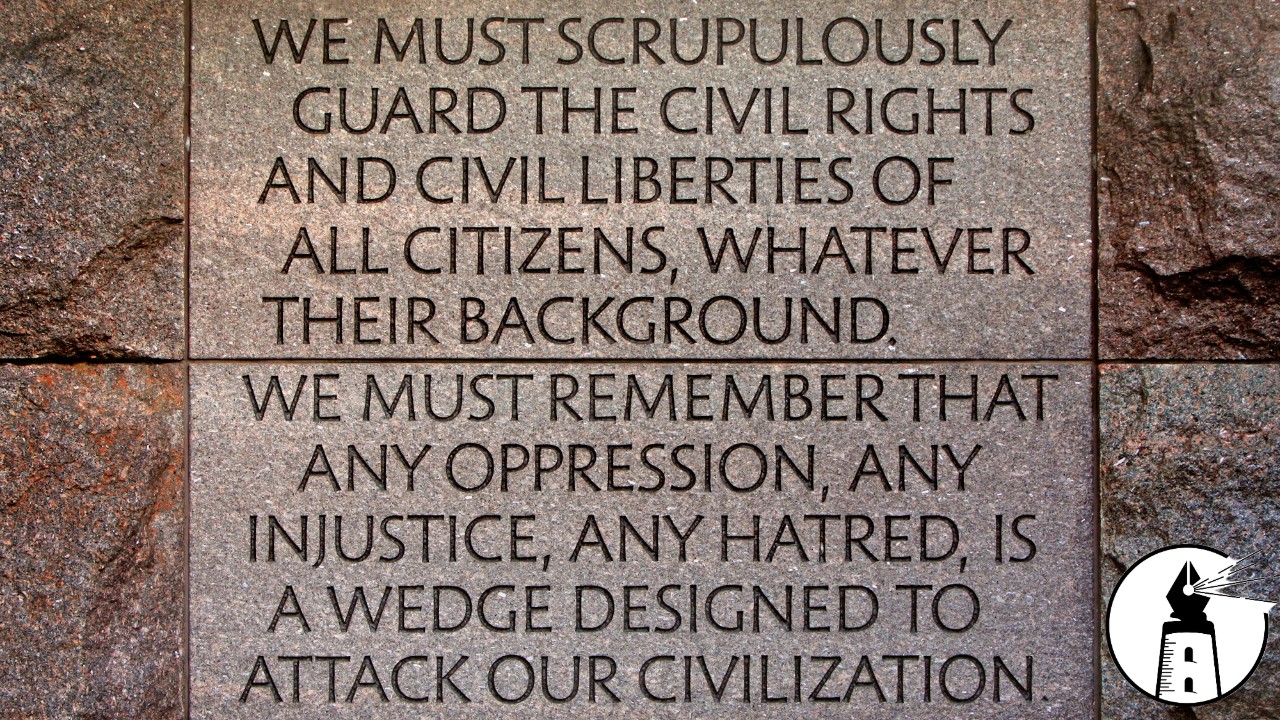The recent murder of UnitedHealthcare CEO Brian Thompson outside an investor conference in Manhattan has captivated and shocked the nation. This tragedy, followed by a dramatic five-day manhunt culminating in the arrest of Luigi Mangione in Altoona, Pennsylvania, raises troubling questions about violence against prominent figures and its potential ripple effects on society.
Brian Thompson’s assassination occurred in a high-profile, public setting, signaling a deliberate act rather than a random event. Authorities quickly mobilized, and an intensive investigation ensued, involving forensic analysis, surveillance footage, and tip-offs from the public. These efforts ultimately led to the capture of Mangione, who was apprehended with evidence linking him to the crime, including a firearm and writings hinting at his alleged motivations.
The details emerging from the case paint a complex picture of a suspect driven by personal grievances and ideological motives. As investigators continue their work, society is left grappling with the broader implications of this act of violence.
The murder of a high-profile CEO underscores the increasing vulnerability of corporate leaders and other public figures in a world marked by societal tensions, economic disparities, and ideological divides. This incident is not an isolated case; it fits into a concerning trend of targeted attacks against individuals perceived as symbols of power, wealth, or influence.
The accessibility of weapons, combined with ideological radicalization facilitated by online echo chambers, has created a fertile ground for such acts of violence. Prominent individuals are often targeted not for their personal actions but for their roles as representatives of larger systems or institutions. Although, it should be added that Brian Thompson was being investigated by the Department of Justice (DOJ) for insider trading. UnitedHealthcare also faced criticism for its practices under Thompson’s leadership. Reports indicated that the company had increasing rates of prior authorization denials, prompting investigations by the U.S. Senate.
History shows that high-profile crimes can inspire others with similar grievances or ideologies to act. The psychological phenomenon of ‘copycat crimes’ suggests that Mangione’s actions might embolden others to target corporate executives or other public figures. This potential escalation is particularly concerning as societal and political divides deepen.
As political and social landscapes shift, the potential for violence tied to ideological or economic grievances grows. The incoming presidential administration brings its own dynamics to the forefront. In such times of transition, political and societal tensions can flare, creating an environment where those who feel disenfranchised or aggrieved may act out in destructive ways.
While it is inappropriate to draw direct links between any specific political figure or administration and individual acts of violence, it is undeniable that the broader climate can influence individual behavior. The challenge for society is to address the root causes of these grievances, whether economic inequality, political disenfranchisement, or lack of mental health support, while ensuring robust security measures for those at heightened risk.
The murder of Brian Thompson is a sobering reminder of the fragility of public safety in a world where individual grievances can lead to catastrophic outcomes. It calls for renewed attention to personal and corporate security, deeper societal introspection about the causes of violence, and a commitment to fostering dialogue and understanding across ideological divides.
The question now is not only how we prevent further tragedies like this one, but also how we address the underlying societal fractures that make such acts possible. Will the increasing polarization and inequality in society lead to more violence against prominent figures, or can we chart a course toward a more secure and cohesive future? This remains a challenge for leaders, policymakers, and society at large.
As the legal proceedings against Mangione unfold, the nation must grapple with these questions while not only seeking justice for all, but also solutions to prevent similar tragedies in the future.
—By Greg Collier



